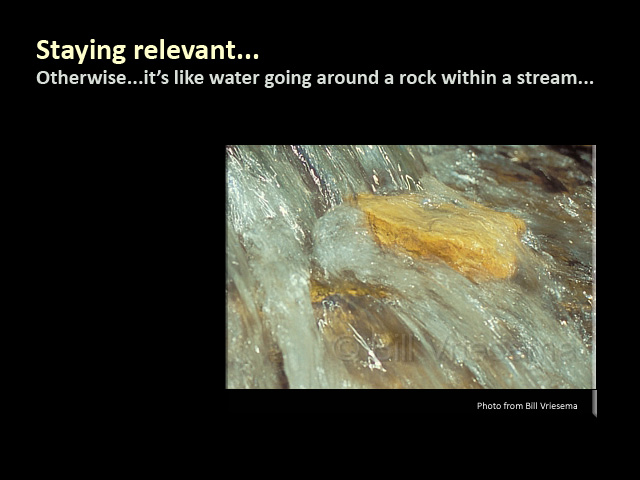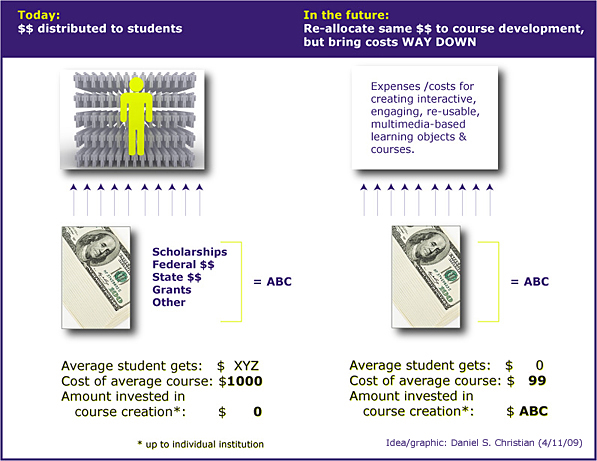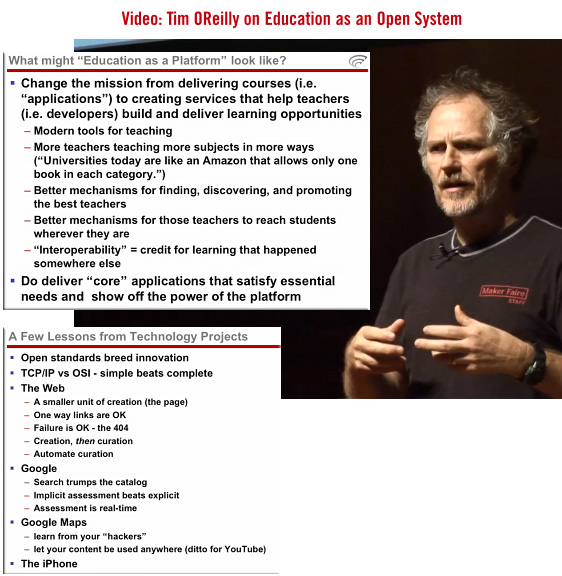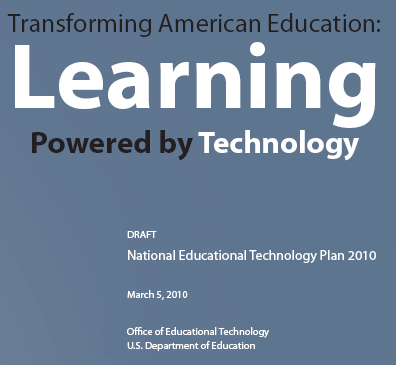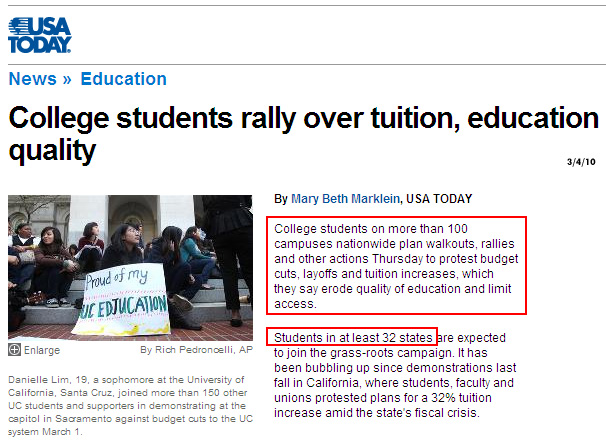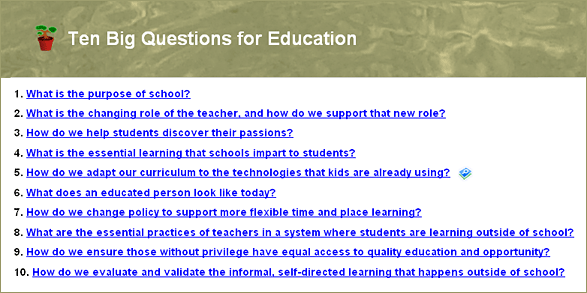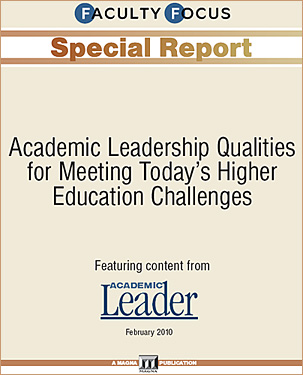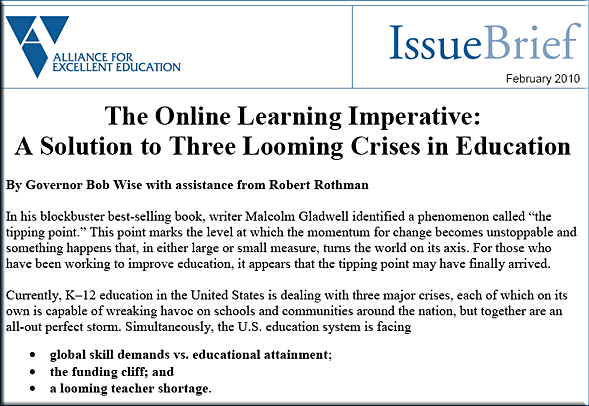As schools lose relevancy, students take charge of their own learning — Project Tomorrow —Tuesday, March 16, 2010
Annual survey finds students moving ahead with learning on their own; offers insights for improving American education with emerging technologies
Washington, D.C. – In the absence of a more relevant learning process in schools, our nation’s students increasingly are taking their educational destiny into their own hands and adapting the various tools they use in their personal lives to meet their learning needs and prepare themselves for the future, according to the 2009 Speak Up survey of 300,000 students nationwide.
The 2009 Speak Up national findings provide compelling evidence that our nation’s K–12 students increasingly are taking responsibility for their own learning, defining their own education path through alternative sources and feeling not just a right but a responsibility for creating personalized learning experiences.
“Students are no longer waiting for policy changes within their schools, or from Washington, D.C.,” said Julie Evans, chief executive officer, Project Tomorrow. “Students want their voices heard by those making education policies, but we are now seeing them move beyond their attempts to share their needs with adults. They are taking the technology they have grown up with and using it to help them learn—inside and outside of the classroom.” (emphasis DSC; like water around a rock…which goes for all of us!)
